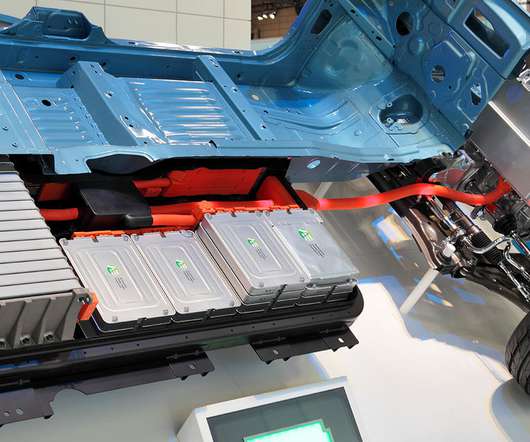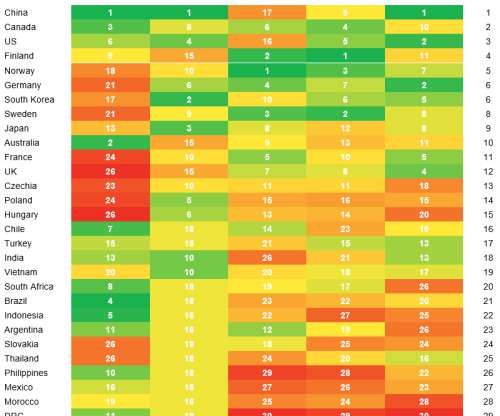Debunking the Lithium "Mining" FUD
Plug In India
MARCH 15, 2023
Considering a use case with the following supply chain, The total emissions for lithium extraction in Chile, which then stays in Chile for lithium processing and proceeds to Korea for cell manufacturing and vehicle assembly will be 1.5 tons of GHG (greenhouse gasses) per electric car [3]. With a clear result.












Let's personalize your content